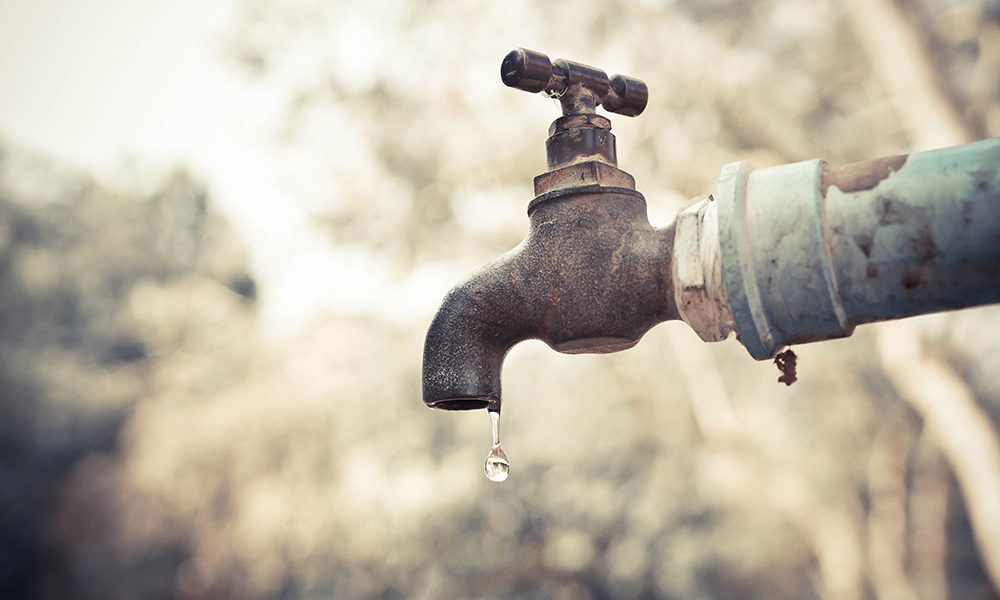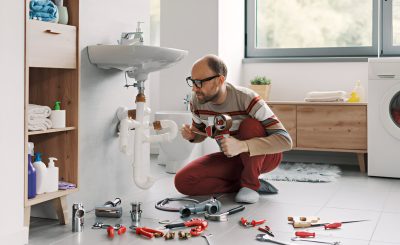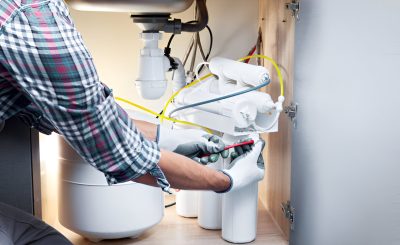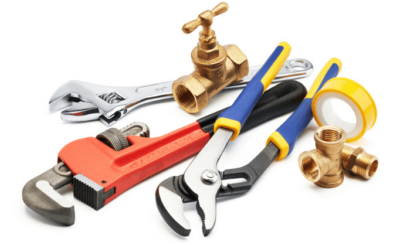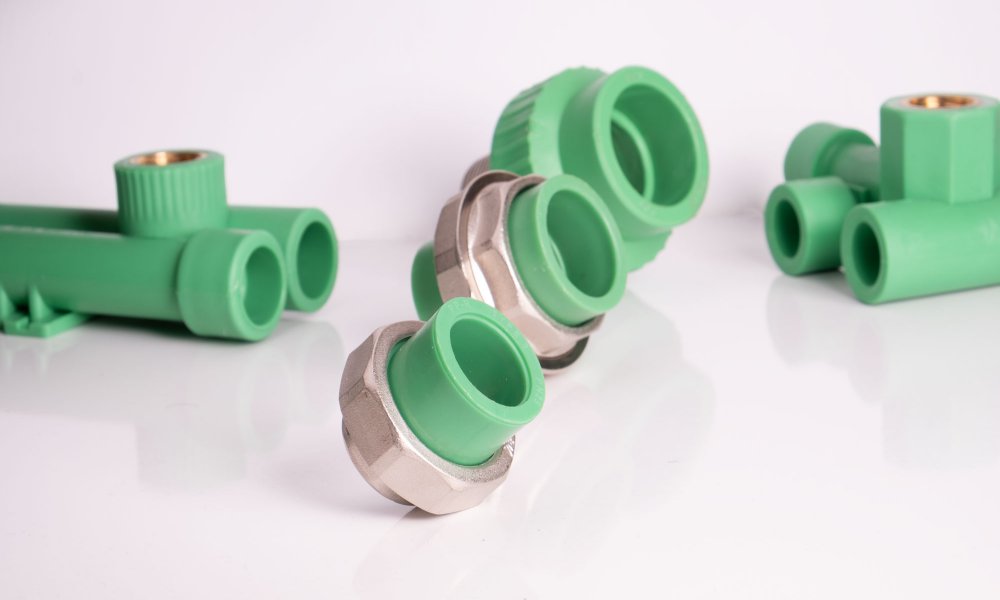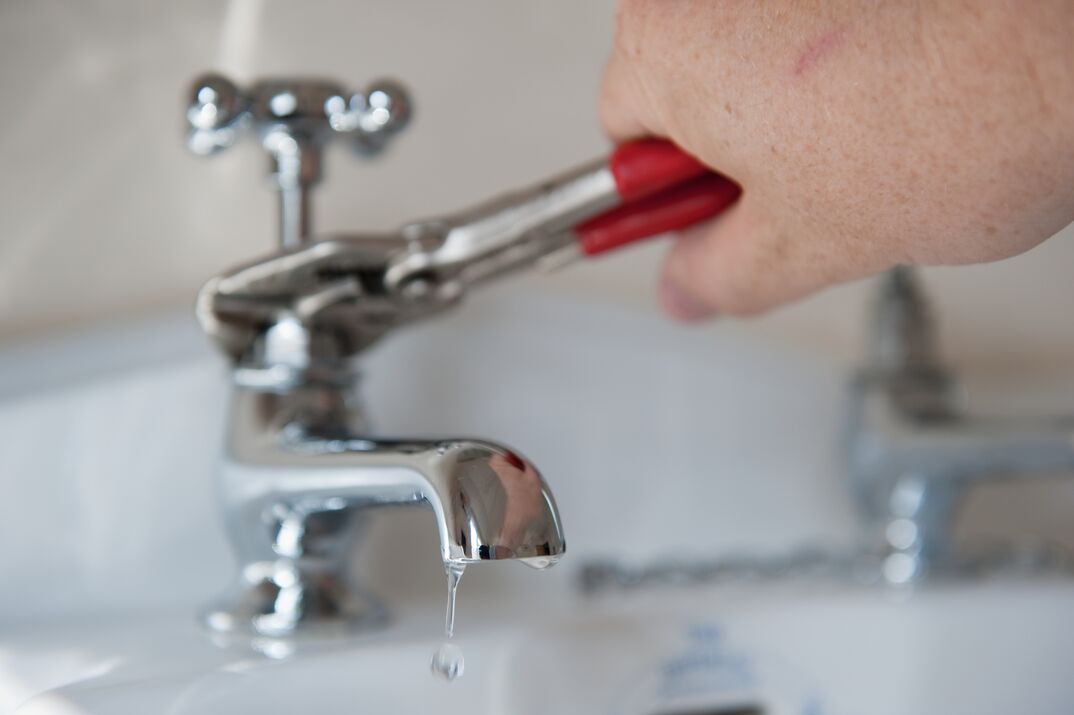Water scarcity is becoming a major concern around the world. According to the United Nations, more than 1.5 billion people currently live in areas where water is scarce and this number is expected to rise to 2.7 billion by 2025. With this in mind, it is important to find ways to conserve water and reduce waste. One way to do this is by utilizing smart plumbing technology.
What Is Smart Plumbing Technology?
Smart plumbing technology refers to a range of devices and systems that utilize sensors, automation, and data analytics to manage water usage in a building. These technologies can help identify leaks, monitor water consumption, and provide insights into how to optimize water use.
How Does Smart Plumbing Technology Help with Water Conservation?
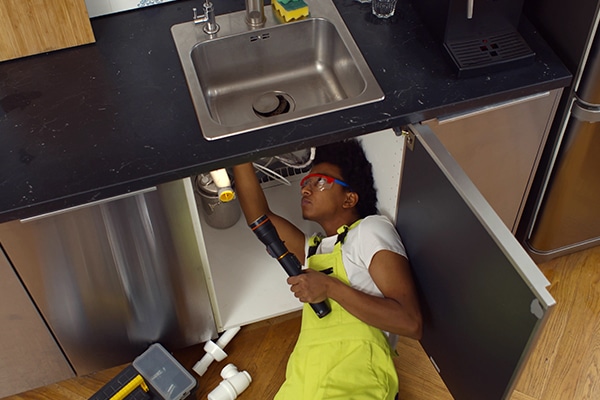
Smart plumbing technology can help conserve water in a number of ways:
- Leak Detection: One of the biggest sources of water waste in a building is leaks. Smart plumbing technology can detect leaks in real-time, alerting building managers to the issue so that it can be addressed quickly.
- Water Monitoring: Smart plumbing technology can monitor water usage in a building, providing valuable insights into where water is being used and how much is being used. Armed with this information, building managers can identify areas where water usage can be reduced without impacting building operations.
- Automation: Smart plumbing technology can automate water usage, ensuring that water is only used when it is needed. For example, smart irrigation systems can detect rainfall and adjust watering schedules accordingly, reducing water waste.
- Real-time Analytics: Smart plumbing technology can provide real-time analytics on water usage, allowing building managers to identify trends and patterns that can help optimize water usage. For example, analytics can identify peak water usage times, allowing building managers to adjust operations to reduce usage during these times.
Examples of Smart Plumbing Technology
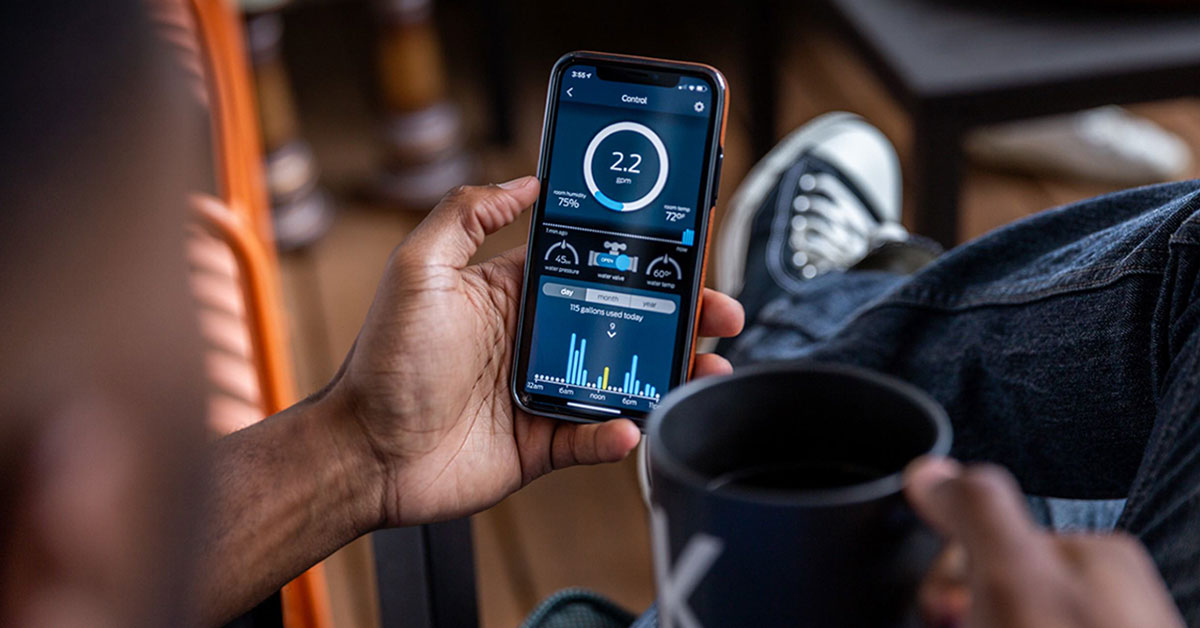
There are a number of examples of smart plumbing technology available today:
- Smart Irrigation Systems: These systems use sensors to detect moisture levels in the soil and adjust watering schedules accordingly, reducing water waste.
- Smart Faucets: These faucets use sensors to detect when a hand is placed underneath and turn on the water. They can also adjust water flow based on usage patterns, reducing water waste.
- Smart Toilets: These toilets use sensors to detect when they need to be flushed, reducing water waste.
- Smart Water Meters: These meters monitor water usage in real-time, providing valuable insights into usage patterns and identifying leaks.
Smart plumbing technology has the potential to make a significant impact on water conservation efforts. By detecting leaks, monitoring water usage, automating water usage, and providing real-time analytics, smart plumbing technology can help reduce water waste and ensure that water is used more efficiently. As water scarcity becomes an increasingly pressing issue, smart plumbing technology will play an important role in helping us conserve this precious resource.


